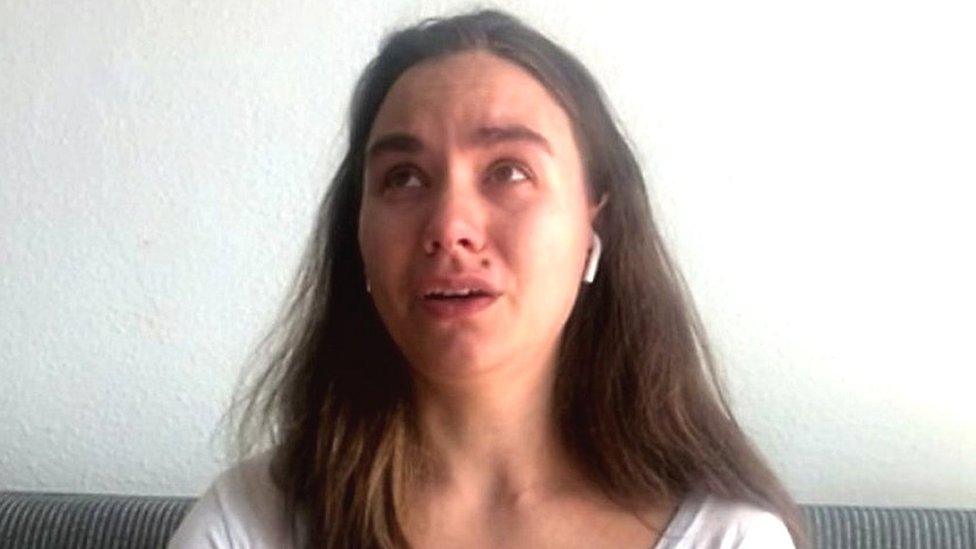Ukraine conflict: Half a million flee as fighting rages
- Published
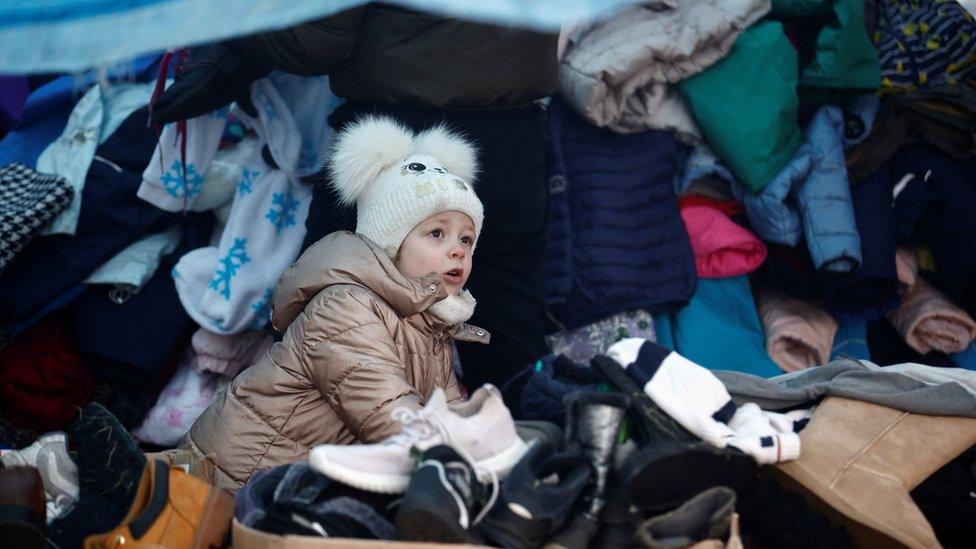
A temporary camp has been set up in Przemysl, Poland, for some of the hundreds of thousands fleeing Ukraine
More than half a million people have fled their homes to escape the war in Ukraine, the UN says, as heavy fighting continues across the country.
Major cities - including Kyiv, Kharkiv, and Chernihiv - remain under attack from Russian forces.
A government official said dozens of civilians were killed in Kharkiv as shelling continued into the morning.
On the northern border with Belarus, Ukrainian and Russian officials are meeting for talks for the first time.
Hopes for a breakthrough are slim - but Ukrainian President Volodymyr Zelensky said there was a "small chance to end the war".
The United Nations human rights chief, Michelle Bachelet, said millions of civilians were being forced to huddle in makeshift bomb shelters such as underground rail stations to escape explosions.
Since the invasion began on Thursday, her office has recorded 102 civilian deaths, including seven children - and more than 300 injured.
"The real figures are, I fear, considerably higher," she said.
In the capital, Kyiv, the bulk of Russian forces are about 30km (19 miles) outside the north of the city, slowed by fierce Ukrainian resistance, according to the UK Ministry of Defence.
But street-level fighting continues in several parts of the city. Despite the danger, a two-day curfew has been lifted, with residents emerging from underground shelters to buy food and gather supplies.
Kasenya, who spent more than 36 hours underground, told the BBC she had managed to get home. "I can't describe how I am feeling, I'm happy to stay alive and safe and just have the possibility to see my splendid and beautiful Kyiv," she said.
"Even underground, everyone is trying to help one another and help our army to be stronger and to spread the world about our situation here."
Watch: Liza Grach emotionally describes fleeing Ukraine with her 10-month-old baby, but leaving her husband behind
To the north and north-east, Kharkiv and Chernihiv were also shelled by Russian forces overnight but remain in Ukraine's control. Shells landed near a shopping centre in Kharkiv during the day, while fighting continued in the streets.
Anton Herashchenko, an adviser to the interior minister, posted to Facebook: ""Kharkiv has just come under massive shelling from Grads [multiple rocket launchers]. Dozens have been killed and hundreds wounded!"
To the south, Russian forces are trying to take control of the key strategic port of Mariupol, near Russia-annexed Crimea. Ukraine denied reports that Zaporizhzhia, home to Europe's largest nuclear power plant, had fallen into Russia hands.

A hunt for saboteurs
By Orla Guerin in Kyiv
As the curfew lifted at 08:00 on day five of the Russian invasion, small numbers of people began to emerge on to the sunlit streets in Kyiv.
Since the curfew was imposed on Saturday night, there has been a change in the city - more checkpoints, more sandbags and more tension.
We drove past a blue Lada car, stopped in the middle of the road. There were bullet holes along one side, and the driver was slumped - dead - over the wheel. He had been shot in the head.
Suddenly Ukrainian troops - in a concealed position - started shouting at us to go. We don't know the circumstances but it's possible the driver was suspected of being a Russian saboteur. The security forces are hunting for them inside the city.
For some, today was a chance to try to flee. Mid-morning, as an air raid siren wailed, we met a group of about 30 students from India, rushing to the railway station, dragging their cases behind them.
They said they had heard reports that foreign students were being prevented from getting on trains. One medical student told me that in this time of war, they hoped all people would be treated the same. In any case they weren't planning to rely on the train. They had booked their own bus.

As the Ukrainian delegation arrived for talks near the Belarusian border, President Zelensky gave a speech to the nation, saying that 16 children had been killed in the four days since the invasion began.
He implored Russian troops to lay down their weapons and leave the country. And he called on the European Union to make Ukraine a member immediately.
"We are grateful to the partners that they stand with us," he said. "But our goal is to be with all Europeans and, most importantly, to be equal. I'm sure that's fair. I am sure we deserved it."
There is speculation that troops from Belarus could join the fight on the side of Russia, to which it is closely aligned.
Reports in US media, and Ukrainian news outlet the Kyiv Independent, suggest that a troop deployment is possible as soon as Monday.
Belarus has acted as a springboard for Russian troops since the invasion began. Its government voted on Sunday to renounce its non-nuclear status - paving the way for Russia to potentially stage nuclear weapons there.
That coincided with Russian President Vladimir Putin putting its deterrence forces, which include nuclear weapons, on "special alert". The announcement does not mean Russia intends to use the weapons, but was widely perceived as a threat.
UK Defence Secretary Ben Wallace told media the move was to "remind the world that he has a deterrent" and distract people from "what's going wrong in Ukraine".
"We're all talking about it. He is clearly wanting to get peoples' attention distracted from what is going on on the ground."
Watch: The families fleeing a war, but having to leave loved ones behind
Western nations have continued to levy sanctions and co-ordinate non-military action against Russia.
Russia's currency, the rouble, slumped by 30% against the US dollar in early trading on Monday - a record low prompted by Western financial sanctions. Russia's central bank more than doubled its interest rate - bringing it to 20% - in response.
Human rights group Amnesty International also accused Russia of indiscriminate use of weaponry on populated areas, something it said could constitute a war crime.
On Monday, Lithuania's government said it would ask prosecutors at the International Criminal Court (ICC) in The Hague to investigate "war crimes and crimes against humanity" in Ukraine.


Russia attacks Ukraine: More coverage
THE BASICS: Why is Putin invading Ukraine?
ZELENSKY: Comedian president rises to the moment
IN DEPTH: Full coverage of the conflict

Related topics
- Published28 February 2022
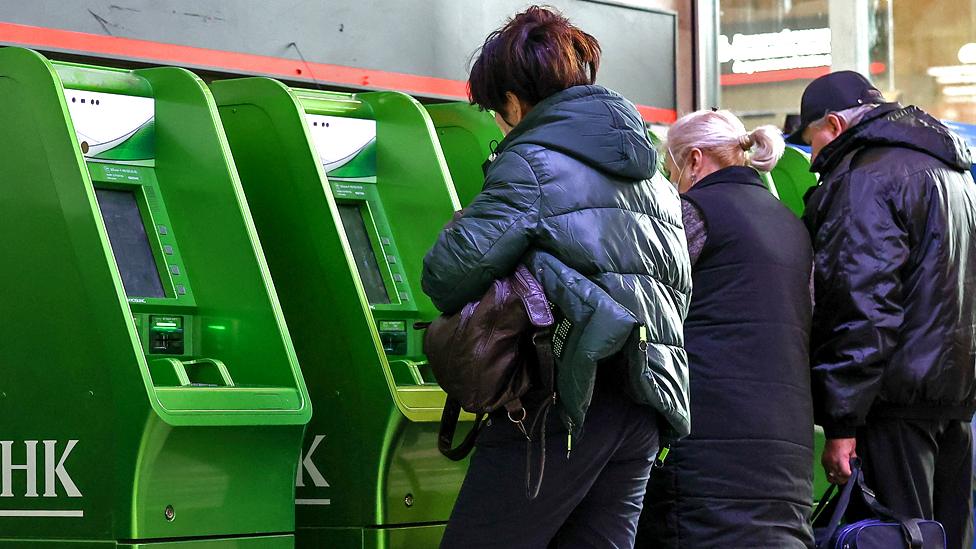
- Published28 February 2022
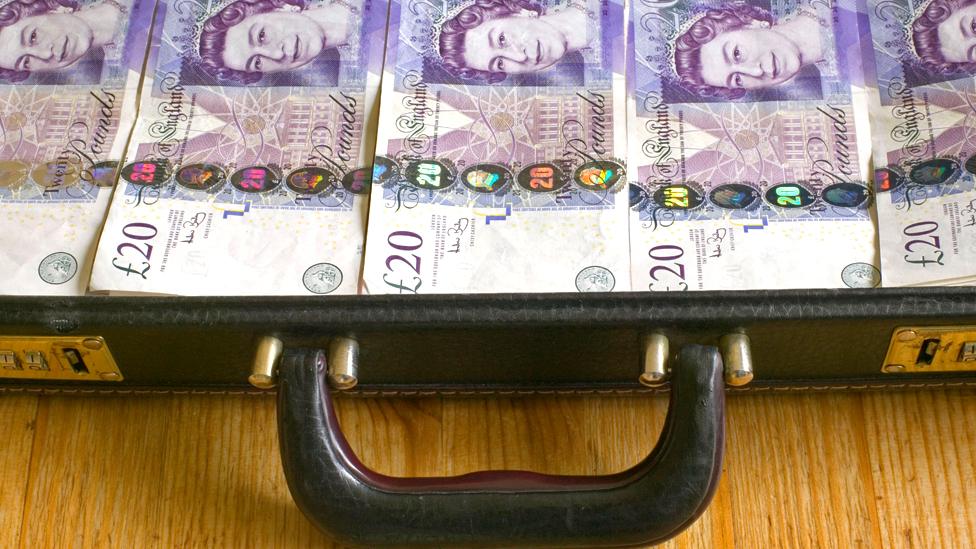
- Published28 February 2022
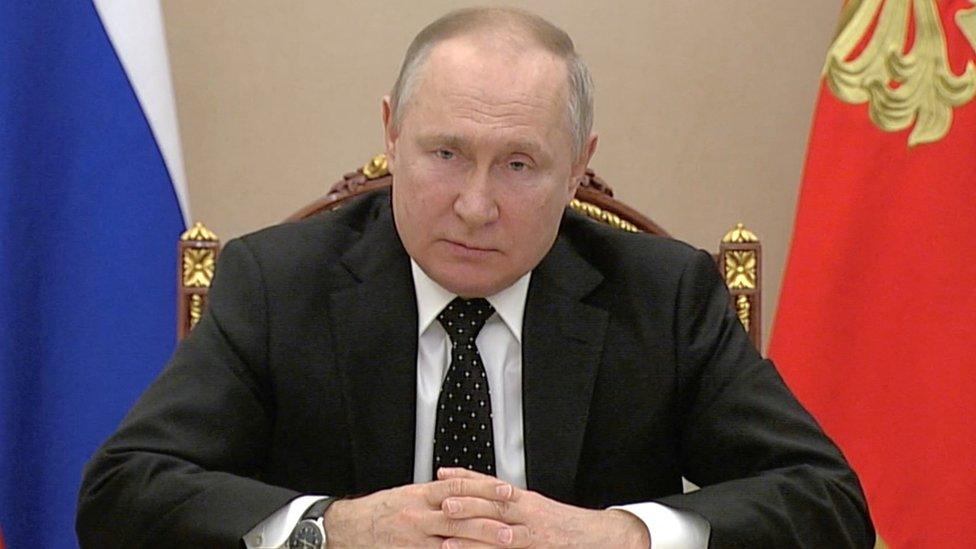
- Published28 February 2022
